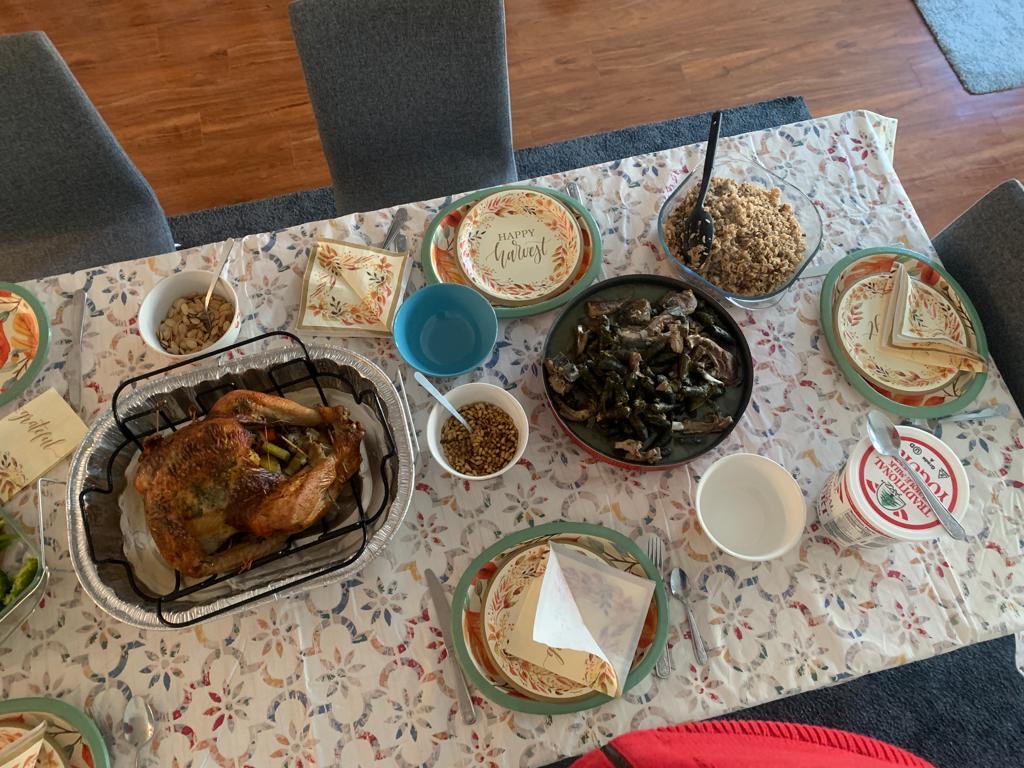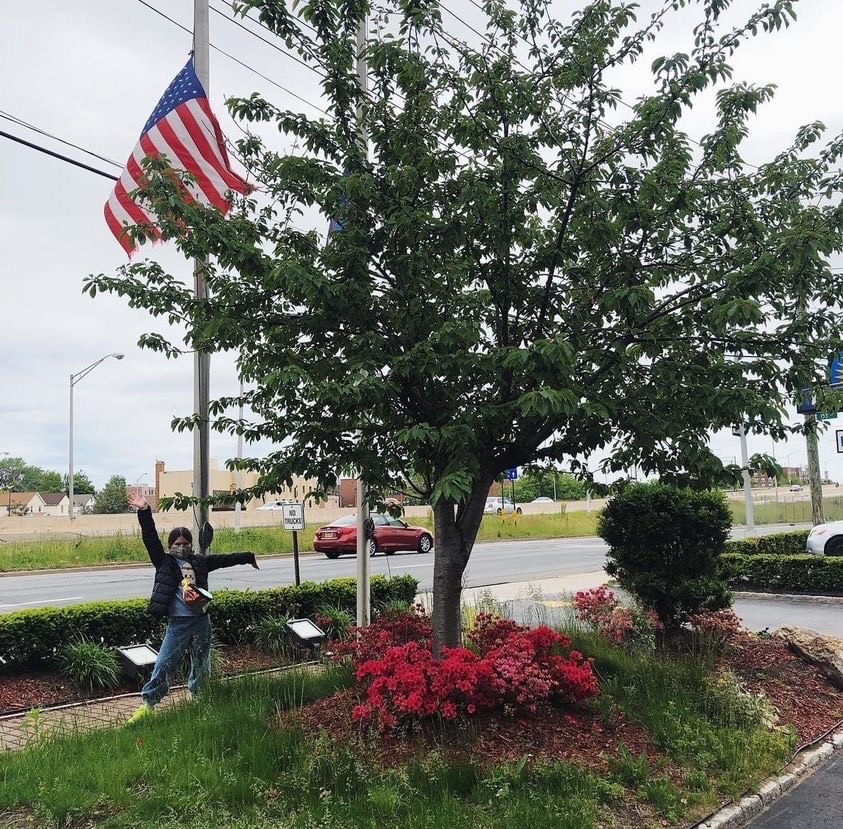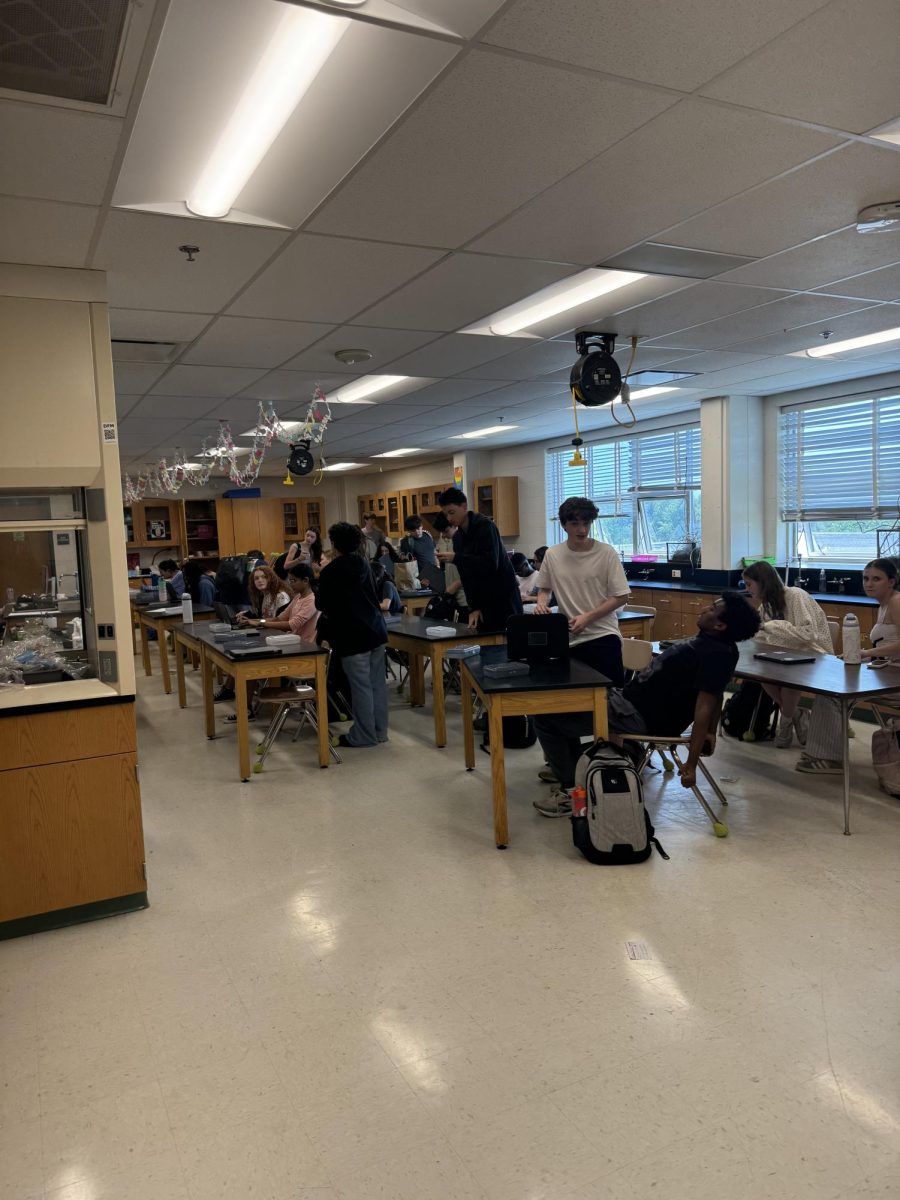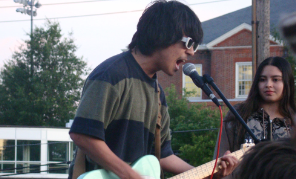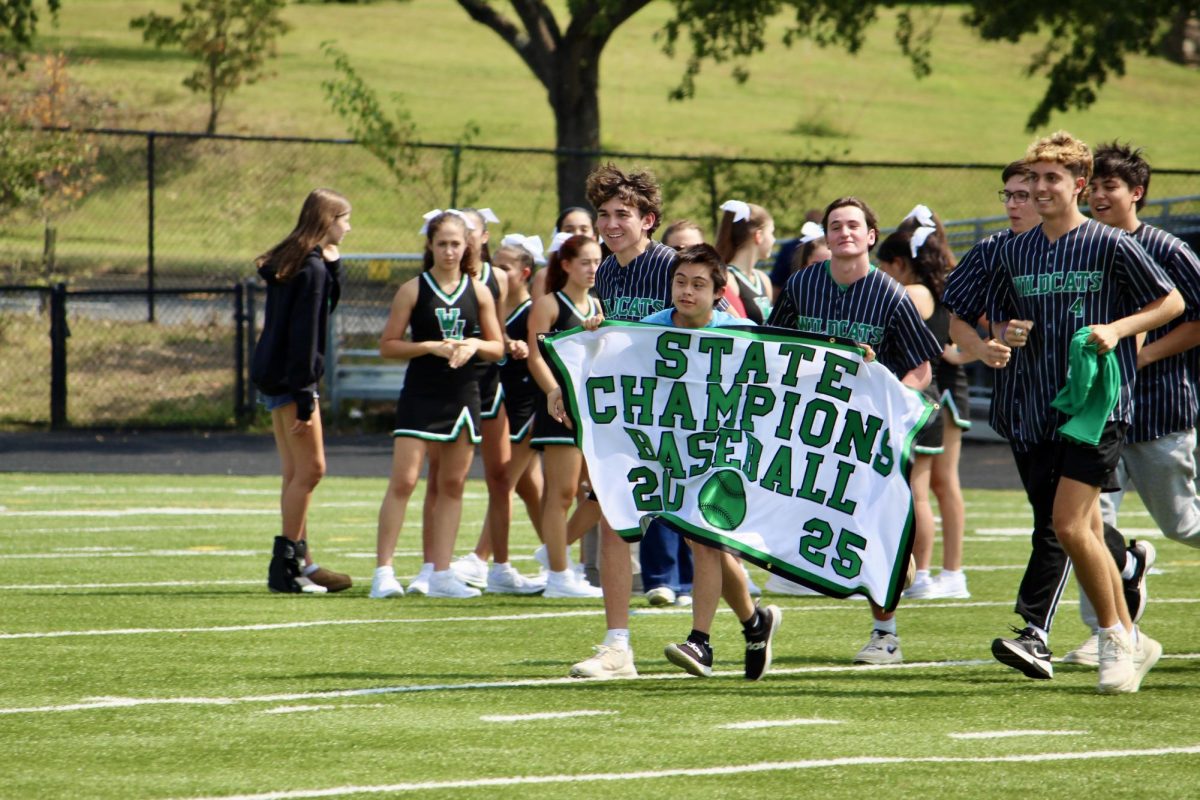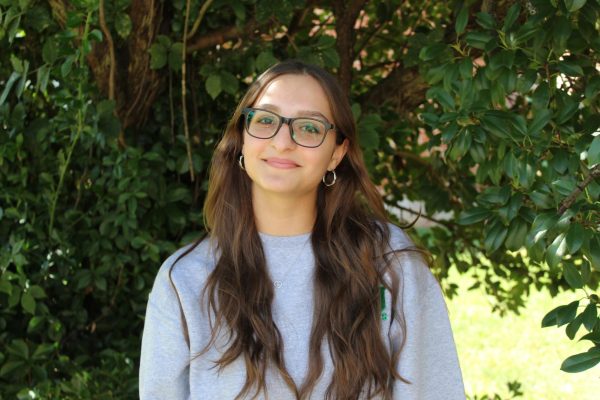A political shift towards dictatorship. An economic crisis, accompanied by upheaval and unemployment. A desire for better job opportunities. These events are all followed by a long, cramped plane ride and an arrival in a brand-new world. You hear muffled gibberish, understanding few and far words. You glance around, suitcase tight in hand, looking at the rush of people dressed in pajamas and all-black, carrying cups marked with Sirens and huge water bottles stamped with the word “Stanley.”
You’re surrounded by chaos, people and fear. You look down at your little sister who’s looking at you with her big eyes, confused about where she is and what’s going on, but she seems okay, holding your hand, while you hold your mom’s. This story, or something similar, is experienced and deeply felt by millions of US citizens, and on a smaller scale, hundreds of WJ students.
The reasons for immigration are countless, and in most cases, children and teenagers rarely have a choice in this life-changing decision. However, guided by their parents and strengthened by their hope for a better future, they take the leap.
“We moved here after an explosion in my city [Beirut, Lebanon]. There was also a political and economic revolution [in] 2020 and there were a lot of problems. After the explosion, my parents thought it was no longer safe and we had a green card. I don’t think it was a choice at that point anymore,” junior Mia El Natour said.
In the past couple of decades, the US has provided a sort of “safe haven” in its melting pot of citizens. Providing free education, more economic stability than its counterparts and numerous job opportunities in every field, the US can be the ideal country to start fresh in. That is if you have a green card.
“We won [our green cards] in the lottery. So there’s a program and it’s a lottery and you can win a green card. We had been doing it for five years and we finally got it on the fifth [try]. But my life [would] 100% not be better if I didn’t move [from Russia] because I moved right before the [Ukraine-Russia] war started and I feel like if I was there right now, it wouldn’t be good. I do miss it sometimes but I’m so grateful to be here,” sophomore Evgeniya Ibragimova said.
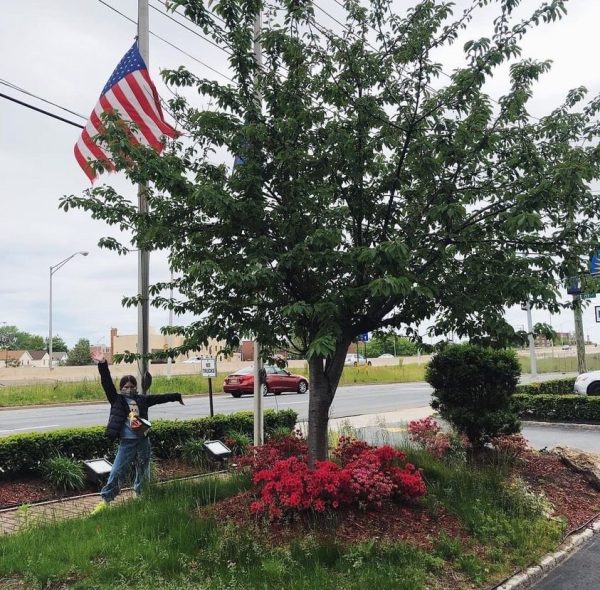
However, once in the US, immigrants are met with the difficulty of assimilating into the new culture. This assimilation causes each immigrant’s experience to be a unique and utterly personal one, oftentimes being a defining aspect of their character.
“The small talk. In Russia, there is no small talk, so if somebody talks to you on the street, you need to run away because they’re usually creepy. So when I first moved here, when people [would say] ‘Hi, how are you?’ I was thinking, ‘Are you trying to kidnap me or are we trying to be friends?’” Ibragimova said.
Along with adjusting to new norms and culture, teenage immigrants often come to the US knowing little or no English, a barrier that can make it especially difficult to fit into the culture. Junior Elisa Karich immigrated to the US from Chile only two years ago knowing mostly Spanish.
“The language barrier was definitely hard, especially having to speak it every single day because even though I came knowing some English, it was still weird going from just watching movies and speaking it in a foreign language class to speaking it every single day,” Karich said.
However, the ESOL (English Speakers of Other Languages) program can be a newfound comfort to immigrants, providing them with lessons in the English language, and more importantly, the opportunity to meet other immigrants in a classroom setting.
“I think [ESOL] is a great program. First, I think it’s a great program for international students to meet other people that are going through the same thing as them because I feel that can be very comforting,” Karich said.
With the sudden pressure to conform to the new environment, an urge to compare the US to each person’s home country can emerge. But this bittersweet comparison can lead to an appreciation for each country’s strengths and flaws.
“Americans wear a lot of informal clothes. The first year, I saw people in their pajamas at the grocery store [but] in Lebanon, you have to dress to impress. Even at the mall, you wear your best clothes, even grocery shopping, so it was very different. [But] it was my first time living in a democracy when I moved to the US so a big transition was [living somewhere] where I could say what I wanted to say,” El Natour said.
However, outlets and opportunities for expressing and maintaining one’s identity with their culture are available for students to enjoy, whether it be inside or outside of school.

“I’m an officer in the Hispanic Club and we definitely like to do events and express our culture in the community. We did the assembly, we do a lot of things to make sure to show it [and] I feel like [the WJ Spanish community] is one of the more open communities because there’s always someone new because of diplomats and all those jobs that bring so many immigrants, and we all kind of ended up coming together. They’re very sweet and open [and] they’ve all kind of been through it, so they understand,” Karich said.
No matter where you come from, how different your food may taste or how prevalent your accent is, everyone is welcomed in the melting pot of the US and inside the walls of WJ.
“WJ is definitely welcoming to immigrants. I was really anxious about my accent but I realized that nobody cares and you can just talk however you want and nobody judges,” Ibragimova said.
Immigration can have a drastic impact on one’s personality, values and opinions, but it also provides a chance to experience something new, adapt to an unfamiliar environment and learn about yourself and your culture.
“I think it definitely made me more proud of where I came from. I guess because when you live there, you just think, ‘Oh, it’s just where I live,’ and you think, ‘Oh, I just want to get out of here.’ But when I left, I started missing my food, people, culture, the way society was. So it made me more proud of who I am and my country,” Karich said.




